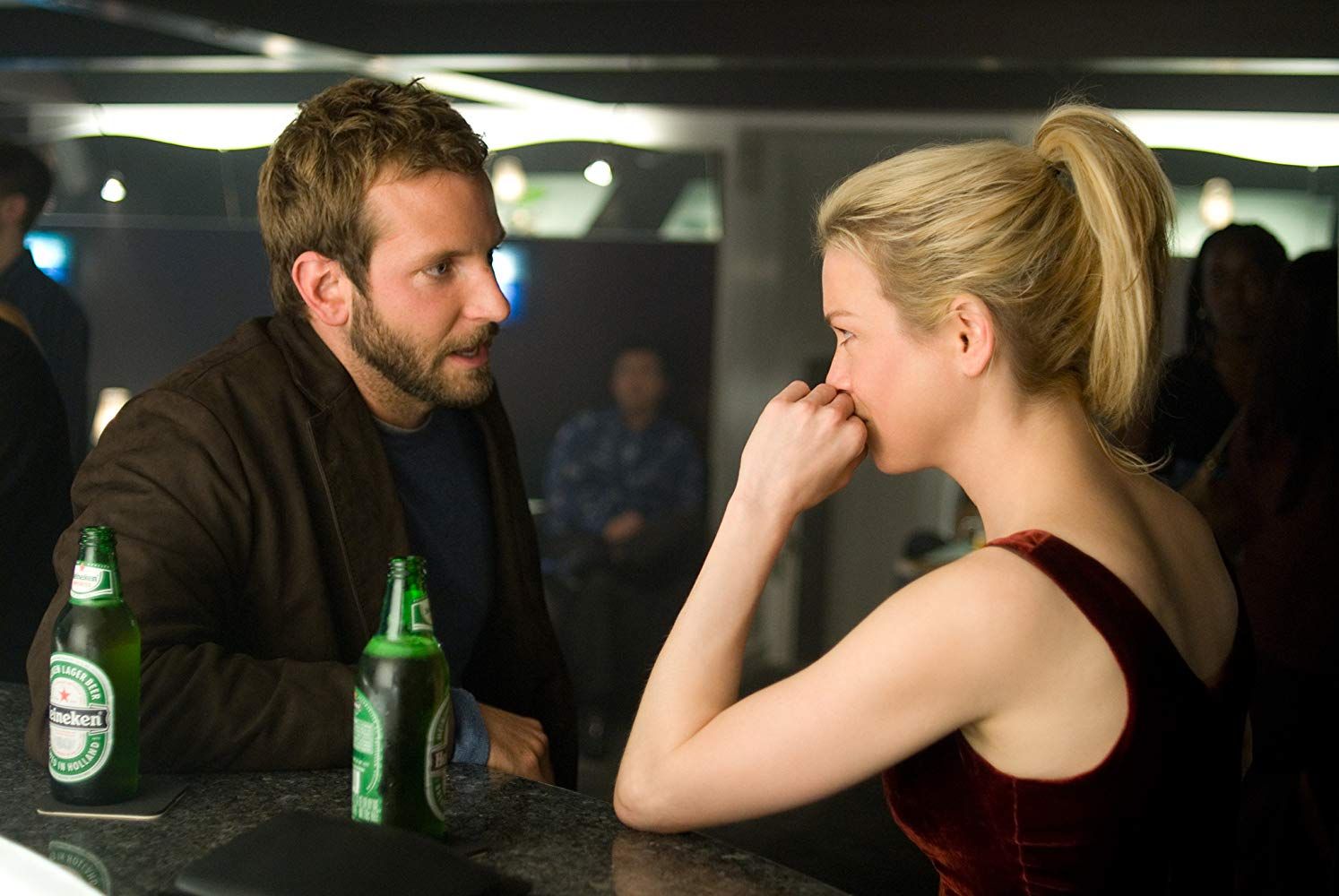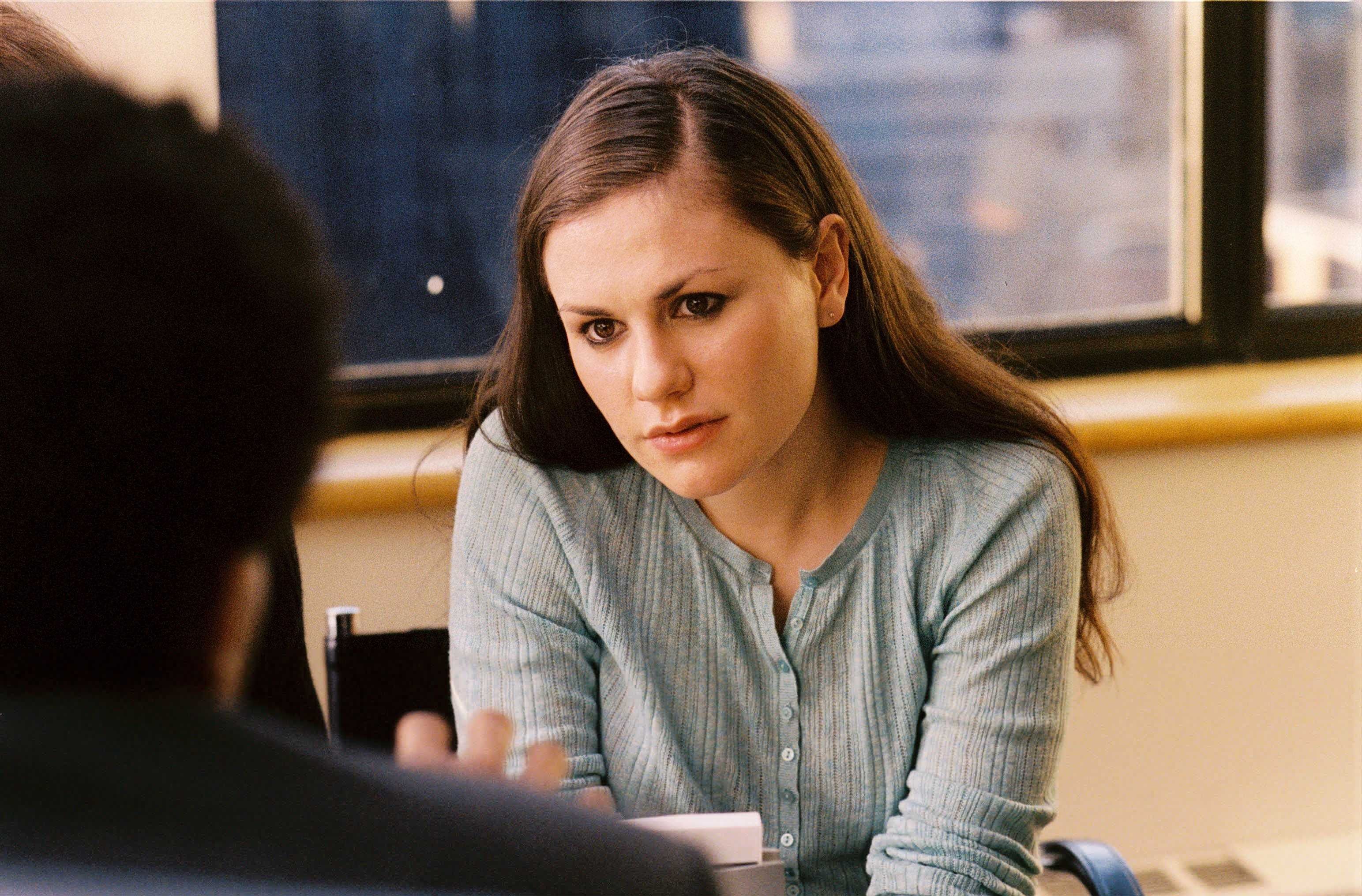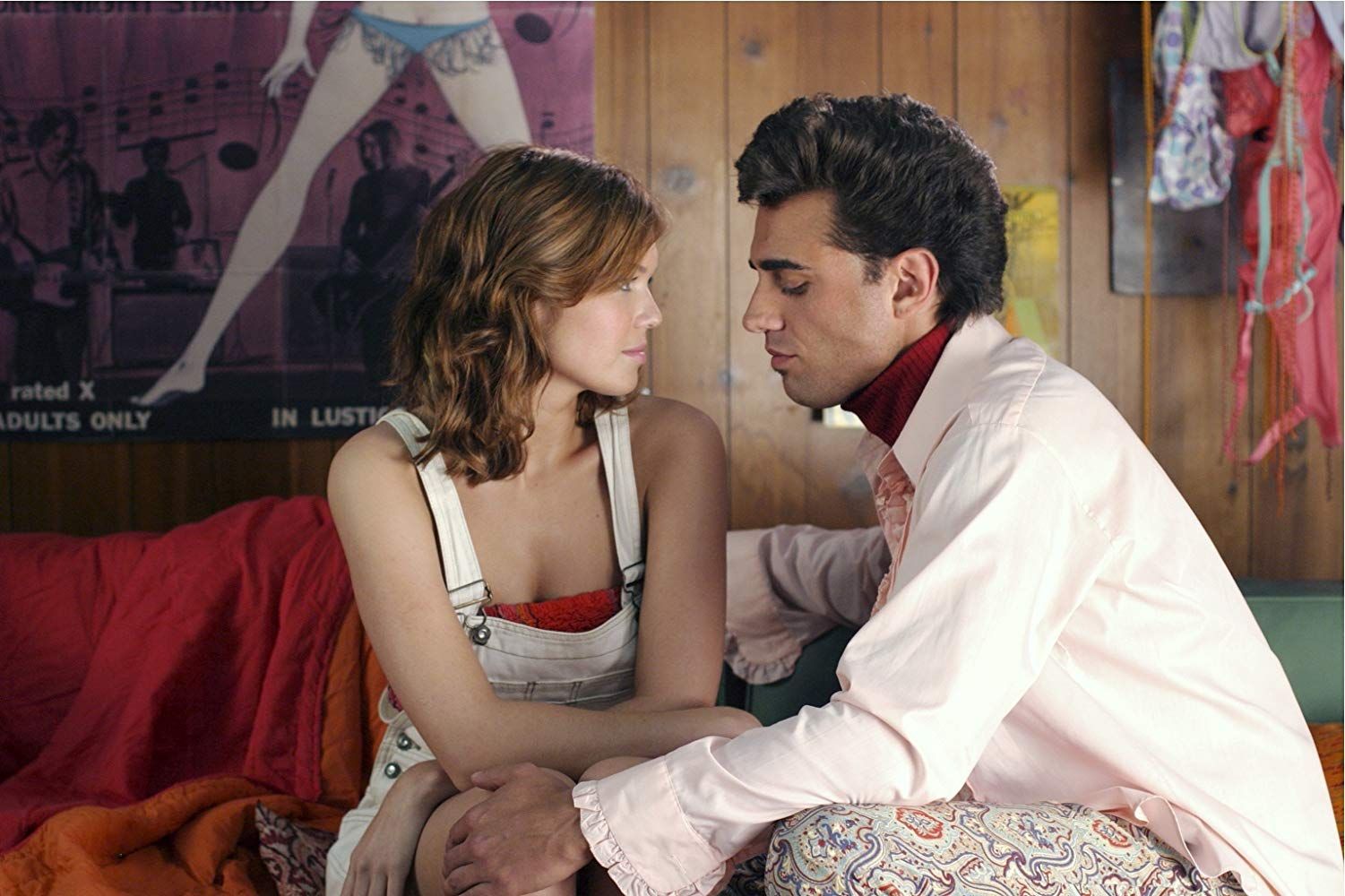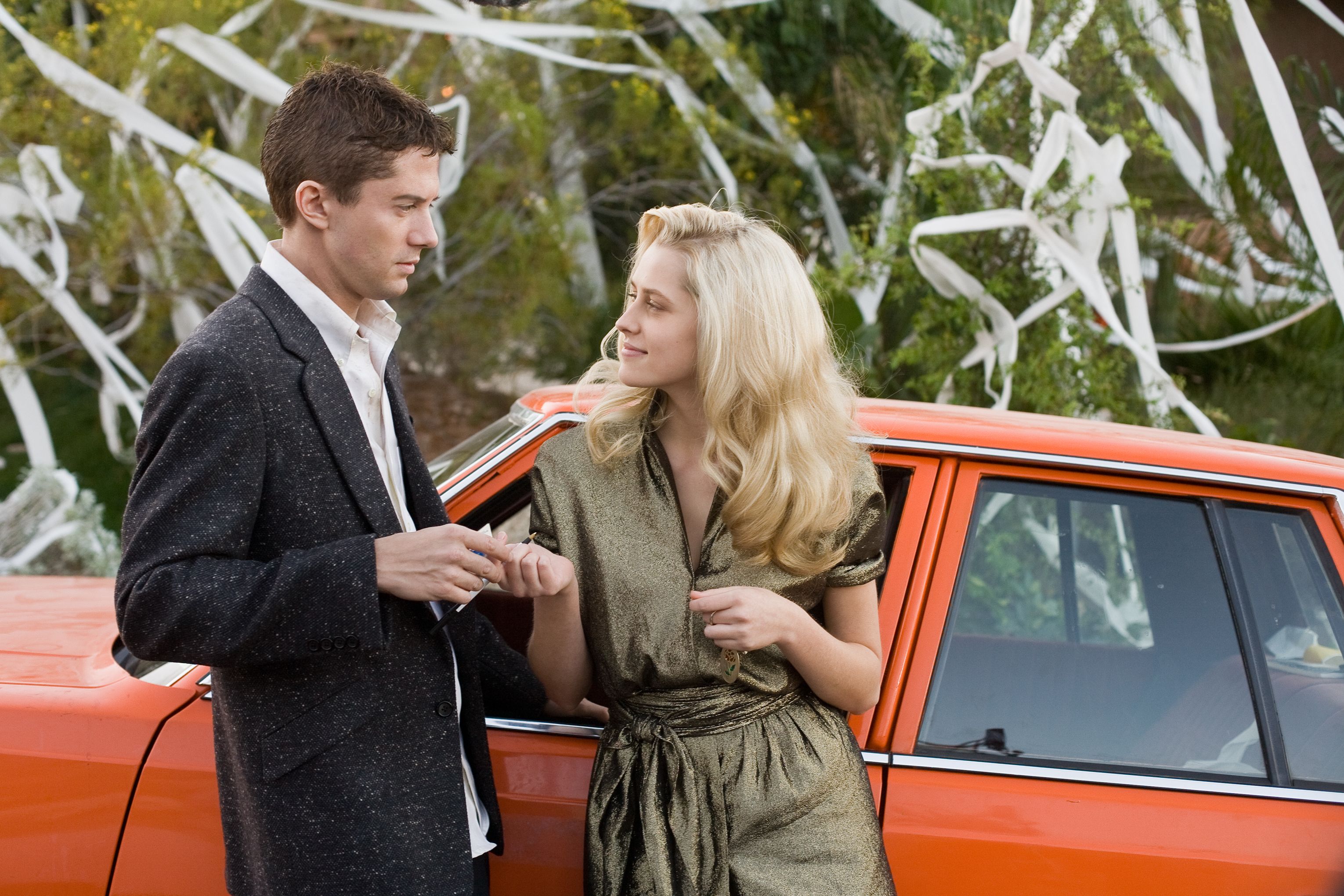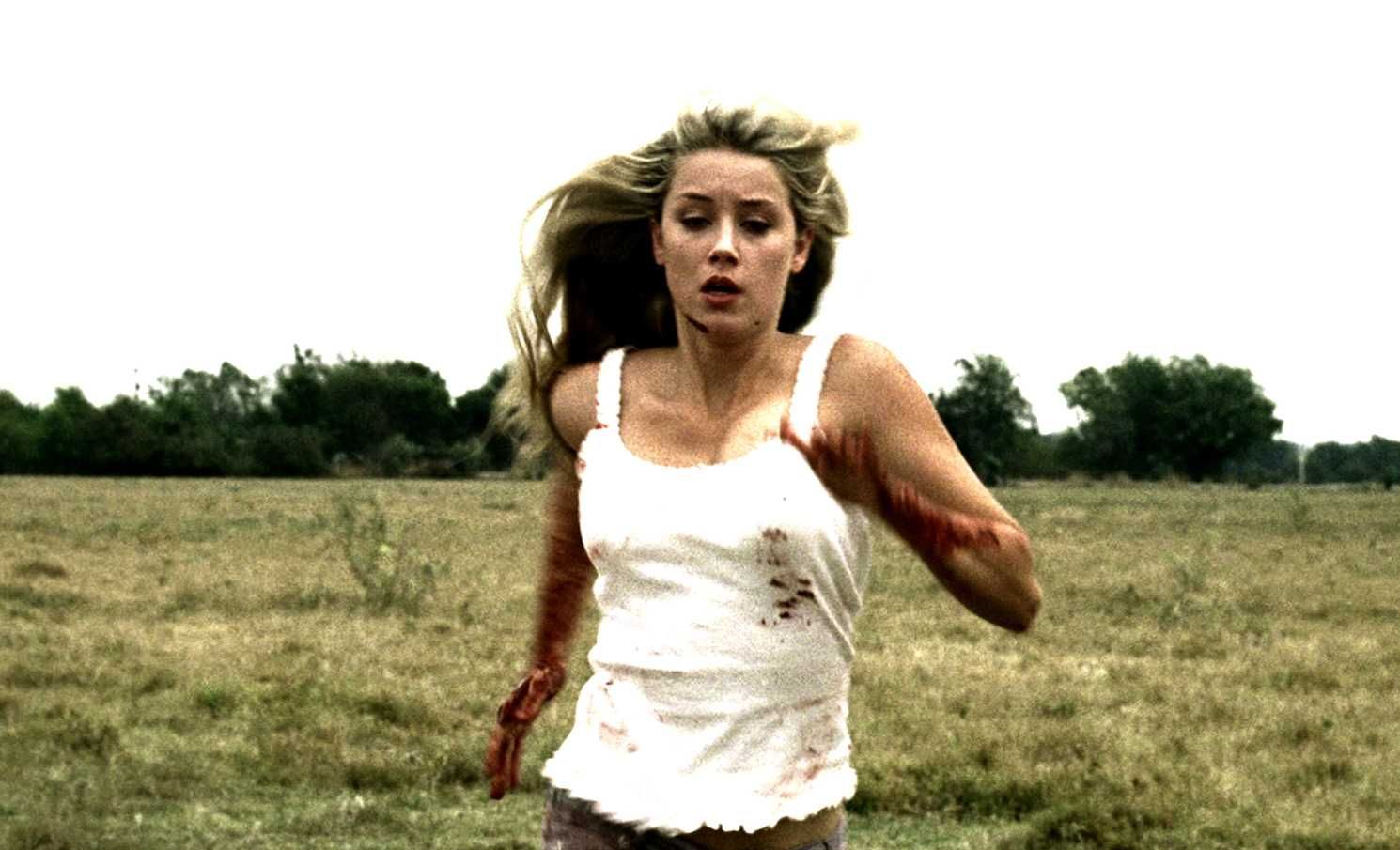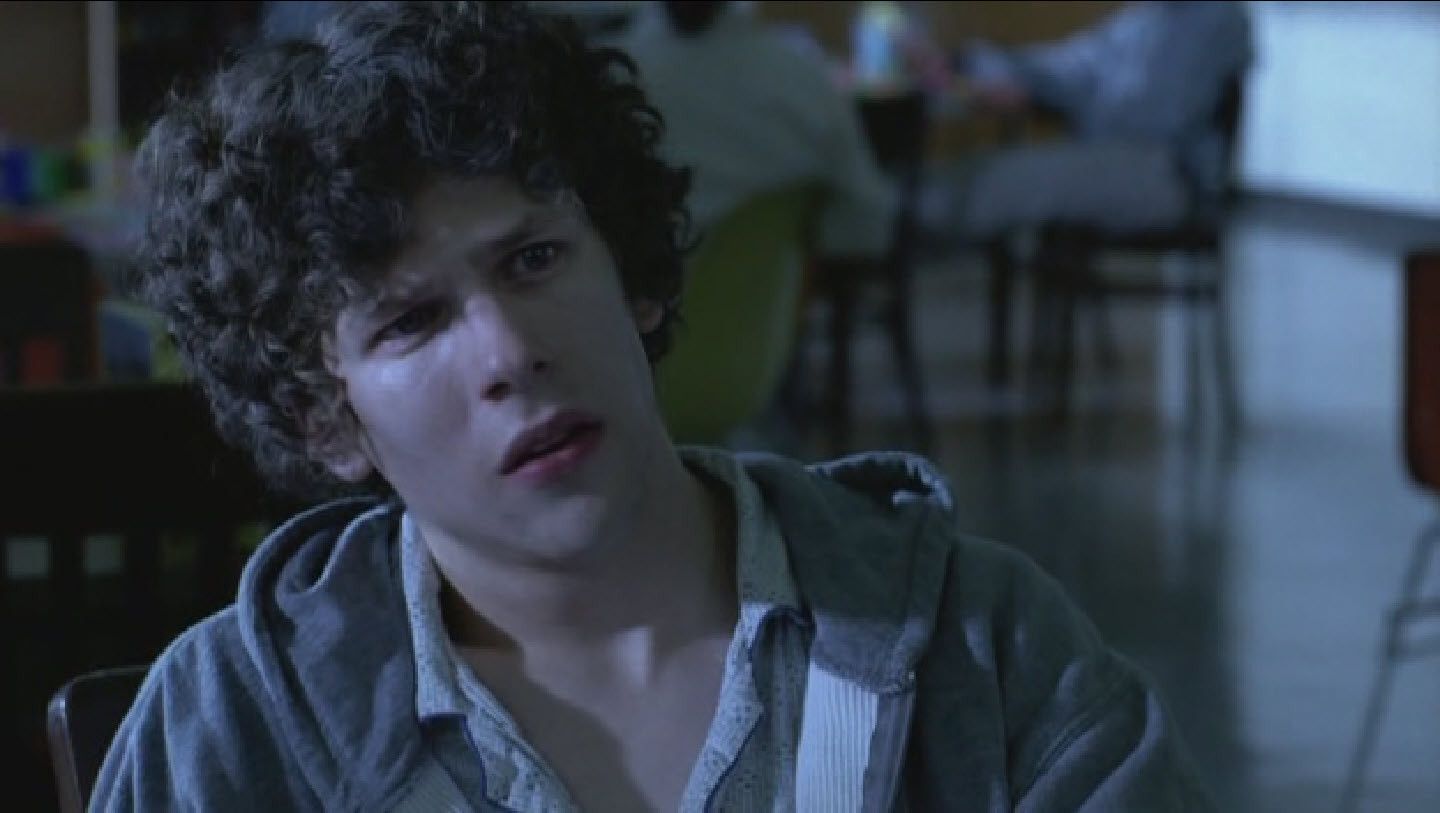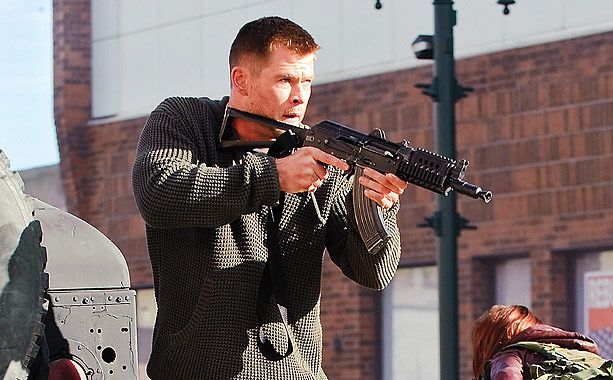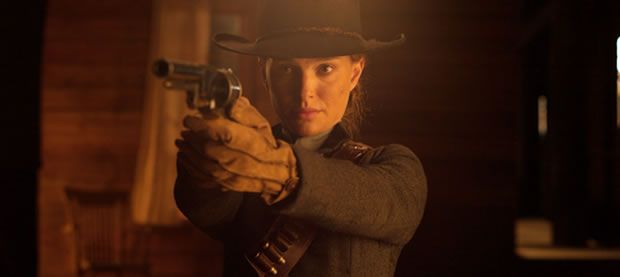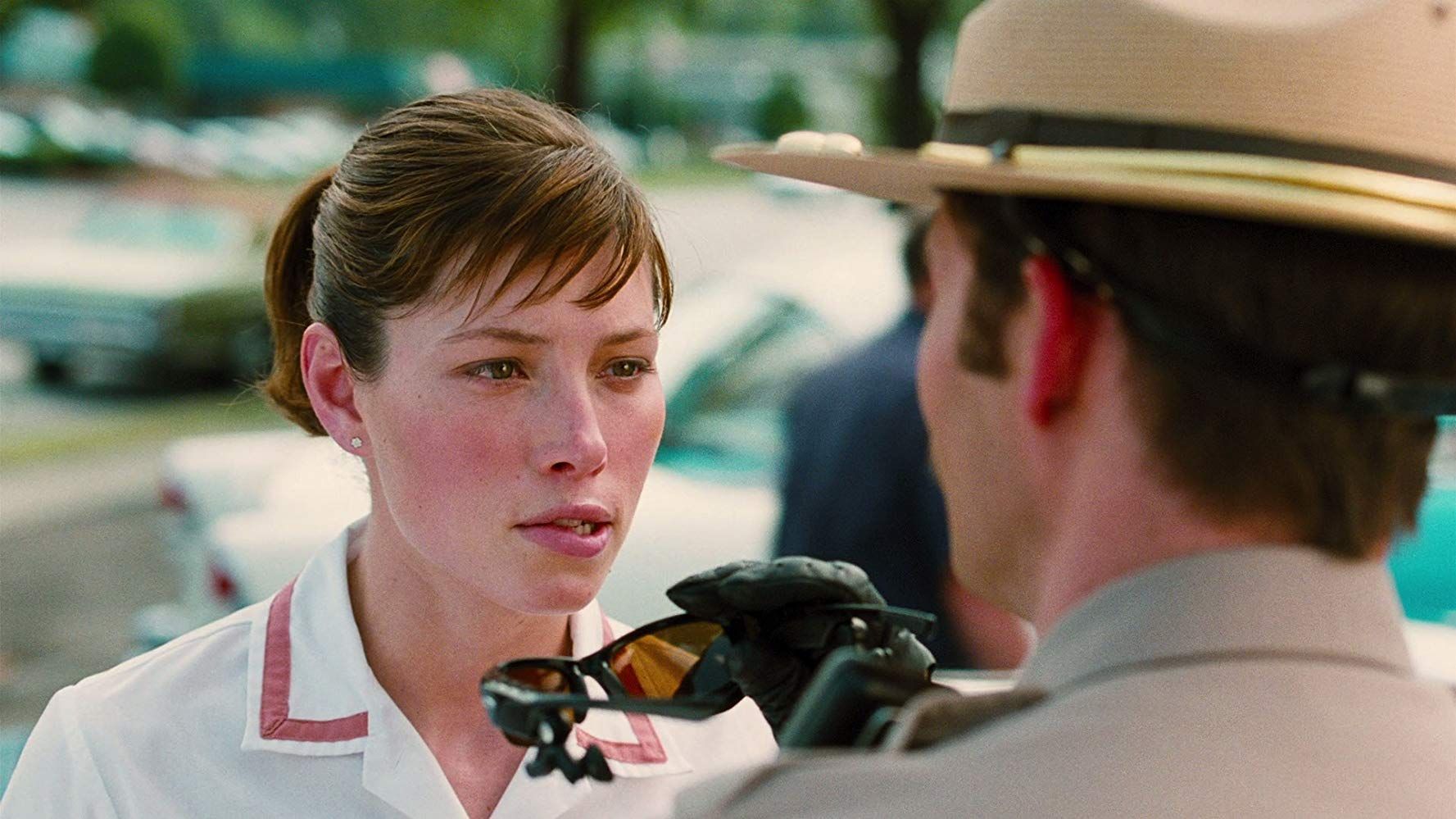Sometimes, the timeline leading up to a film’s release is simple: pre-production, production, post, and release. Other times, it’s not quite as straightforward. For some films, after post-production awaits a long period of idle time, where the completed film sits on an increasingly metaphorical shelf, unseen, until the powers that be can decide just what do with it.
Often, like in the case of Oliver Stone’s Snowden, release dates get pushed because the film isn’t quite ready to be shown. Other films, like in the case of Amityville: The Awakening, get stuck in a limbo of test screenings and studio anxiety as the release date is slowly needled back. For Get a Job, a comedy directed by Dylan Kidd and starring Anna Kendrick and Miles Teller that wrapped back in 2012, things have been a little more complicated. Though the surprisingly (depressingly?) still-relevant topical comedy about the difficulty of entering the workplace began production four years ago, the same year that Pitch Perfect launched Kendrick to bona fide stardom, the film never saw the light of day. The film boasts a surprising supporting cast including Bryan Cranston, Alison Brie and Jay Pharoah among others, but CBS and Lionsgate have remained tight-lipped on the reason for the film’s untimely delay. In fact, none of the stars seem to know what kept the film waiting either, with Anna Kendrick telling Marc Maron back in 2014 that she assumed the film would never be released.
With these kinds of delays in mind, I ran down nine other movies that were stuck in release purgatory for an unusually long time.
Case 39
While it’s certainly less than uncommon for a film with a high-profile cast to be pushed back, Case 39 remains unique in its genuinely bad timing in regards to its stars Renee Zellweger and Bradley Cooper. At the time of the film’s completion in 2007, Zellweger was huge, with the bubbly legacy of Bridget Jones just behind her. But when the middling “demon seed” entry to the horror genre was kept off the studio line for three years, Cooper embarked on his own movie career, landing The Hangover in 2009 and making his supporting role in the film seem more than a little silly.
Bottom Line: A movie that is forgettable in every other way, Case 39 takes the unique honor of predicting the upcoming stardom of one of today’s most in-demand movie stars, while reaping none of the benefits. Unsurprisingly, the film was a flop, earning less than half of its initial budget back when it was eventually released in theaters.
Margaret
Notable as much for its impressive runtime as for its troubled history, Kenneth Lonergan’s Margaret is a famous example of a long-shelved project, with the film beginning principal photography in 2005 and staying out of theaters until six years of contentious legal battles had ensued. At the time, Lonergan was best known for his screenwriting work on Analyze This and Gangs of New York as well as his Oscar-nominated directorial debut You Can Count On Me, and when he cast X-Men star Anna Paquin along with a mid-Bourne Matt Damon and an up and coming Mark Ruffalo, buzz couldn’t have been better. But when Lonergan insisted the film receive a cut of 165 minutes, investors were shocked at the suggestion, and demanded on cutting down the film to a slightly more traditional cinematic length. What ensued was a nine-year legal battle (with notable interventions by Martin Scorsese made in a hope to salvage Lonergan's vision), resulting eventually in a 150-minute theatrical release, with the full 165 minute version being preserved on the DVD release.
Bottom Line: At the time of shooting, Paquin was an actress uniquely capable of playing a believable teenager and largely known for her indie work like The Squid and the Whale and her appearances in the X-Men franchise, but by the time Margaret surfaced, Paquin had a healthy career on the hit HBO series True Blood. The reception to the film, both theatrical and full-length has been unsurprisingly divisive, but the verdict of the film’s gross, which came in at a piddly $46,000 against its substantial $14 million budget is difficult to label as a success on financial terms, even though it did very well critically (as a home video director's cut).
Romance & Cigarettes
John Turturro’s musical brainchild starring Kate Winslet, James Gandolfini and Susan Sarandon is as charmingly idiosyncratic as the film’s writer and director, but after Romance & Cigarettes was screened at the Venice Film Festival in 2005 (where it was nominated for a Golden Lion), the film found itself unable to find an easy U.S. release. Enthusiasm around the project was high, but when MGM was purchased by a consortium of Sony, questions were raised about the true owner of the film. Eventually, Turturro threw up his hands and distributed the film with his own money in 2007. Luckily, all three of the film’s stars were still in their own career hot streaks, diminishing the damages to the film’s cultural relevance.
Bottom Line: Looked at objectively, it’s a bit impressive that the unconventional Romance & Cigarettes was ever made at all, but considering the film was a clear passion project on Turturro’s part, it’s perhaps less painful that the film never made any kind of profit.
Take Me Home Tonight
Sure, Michael Dowse has made a name for himself with smart comedies like Goon and What If, but back in 2007, he lent his directorial skills to the Topher Grace-penned Take Me Home Tonight, a cocaine-fueled tribute to the party days and hair metal of the ‘80s. Despite being made four years prior, (well before star Chris Pratt hit it big in Parks & Recreation), Take Me Home Tonight didn’t see theaters until 2011, but rather than suffering from politics or studio troubles, Take Me Home Tonight’s real problem was its love for cocaine. Grace was insistent that the drug content was necessary to preserve the comedy of the film, but it wasn’t until Imagine Entertainment came to the rescue that the film saw a light at the end of the very long, endless tunnel. Anna Faris and Topher Grace were arguably at more definable career heights when the film was made than when it was released, and the film’s troubles were reflected in the box office, with Take Me Home Tonight making back less than a third of its original budget.
Bottom Line: There is a lot of cocaine in the Take Me Home Tonight, if that’s any consolation to Grace, but the film still fails to be anything other than vaguely interesting, and the content doesn’t remain edgy enough to warrant its excessive hold time.
All the Boys Love Mandy Lane
Before Jonathan Levine proved himself as a competent genre director with the surprisingly delightful Warm Bodies, the young director took a stab at the slasher genre with All the Boys Love Mandy Lane, a grindhouse vehicle for the then-unknown Amber Heard made in 2006. The film premiered to positive reactions at festivals the same year and went on to receive a successful distribution in the UK in 2008, but it wasn’t until interest peaked for Levine again back in 2013 that the film finally saw its day in the U.S. via a VOD release. By that time, Amber Heard was a real star, giving the film a necessary boost in mainstream circles.
Bottom Line: It says something about Levine’s talent that despite its seven-year incubation, All the Boys Love Mandy Lane still manages to be an effective take on the genre, and thanks to its measly $750,000 budget, it still managed to be a relative financial success.
Camp Hell
Sometimes it pays to be nice, but in the case of Jesse Eisenberg and Camp Hell, it’s possible standoffishness might have been a more appropriate tact. Back in 2007, prior to Eisenberg’s breakout role in David Fincher’s The Social Network, the indie darling lent his acting chops to the small horror production in a small role as a favor to friends working on the project. Presumably due to the film’s small budget, Camp Hell didn’t arrive until 2010, long after Eisenberg’s star had already been minted. But rather than present Eisenberg as the bit part he is, the DVD and promotional packaging for the film featured Eisenberg’s name in big letters, with his face superimposed against a menacing cabin. Unsurprisingly, Eisenberg, who only received a modest compensation for his work on the project, sued the filmmakers for $3 million dollars, the same amount as the estimated budget of the film.
Bottom Line: Even touting Jesse Eisenberg as the star of the film didn’t quite succeed in getting Camp Hell seen, and though the film was initially slated for a theatrical release, as far as we can tell it only lives on via VOD.
Red Dawn (2012)
Proving a good cast can’t fix everything, Red Dawn served up an impressive who’s who of franchise stars, including Chris Hemsworth and Josh Hutcherson before either of the stars joined their massively successful projects, but that didn’t stop the film from being stymied by financial issues and controversy. The remake of the politically fraught 1980s classic began shooting back in 2009, but a year later, MGM’s financial difficulties stalled the production and during the lull, news broke of the script’s controversial depiction of China. The country responded to the depiction with outrage, prompting MGM to change the villains in the film from Chinese to North Korean, in as much an effort to make nice as to appeal to foreign box office numbers. The film eventually was released in late 2012, three years after production began, performing poorly both domestically and abroad.
Bottom Line: Though the project appeared to work on paper, the ultimately hamfisted production didn’t do much to appeal to audiences even with the added boost of The Hunger Games and Thor making their stars hot commodities at the time of release. The film grossed just under 60% of its original budget.
Jane Got a Gun
Initially planned as Lynne Ramsay’s follow-up to We Need to Talk About Kevin, the neo-Western Jane Got a Gun was thrown into a tailspin when the director left the project abruptly, leaving the already attached Natalie Portman and Joel Edgerton to muddle through the next few years of the project on their own. Both Michael Fassbender and Bradley Cooper were in talks to star before Ewan McGregor was chosen, but despite the packed cast, the film never quite found its footing. Initially set to be distributed by Relativity and the Weinstein Company, Relativity’s problems prevented the film from being distributed until this year where it performed dismally, becoming the worst wide release in the Weinstein’s history.
Bottom Line: Sitting on the shelf for two years didn’t help a film already marred by creative differences and substantial rewrites, and though Jane Got a Gun wasn’t blindly mocked by the critics, it also wasn’t particularly good, leaving little other than its reputation for financial failure in its wake.
Accidental Love
By now, we know David O. Russell for Oscar favorites like American Hustle and Silver Linings Playbook, but back in 2008, the director was on slightly less prestigious ground. After having completed his divisive I Heart Huckabees, the director took on a quirky romantic comedy tentatively titled Nailed (later called Accidental Love). The project was plagued from the start, with the originally cast James Caan dropping out of the film due to creative differences, and things never really improved. The production suffered from repeated stoppages, prompting budget cuts and eventual walkouts on the part of Jessica Biel and co-star Jake Gyllenhaal. Ultimately, after the production company in charge of handling the film went under, Accidental Love was acquired and reassembled by Millennium Entertainment, prompting David O. Russell to request to have his name removed from the project. At the time of its limited release in 2015, the film was credited to the director under the pseudonym Stephen Greene.
Bottom Line: After seven years of complications, it seems as though the odds were stacked against Accidental Love from the beginning, with most members of the project probably wishing it never existed. The film only grossed $4,500 on its first weekend release against its $26 million budget, and upon viewing the messy and frustratingly erratic final product, it’s hard to argue with Russell’s distaste for the doomed project.


